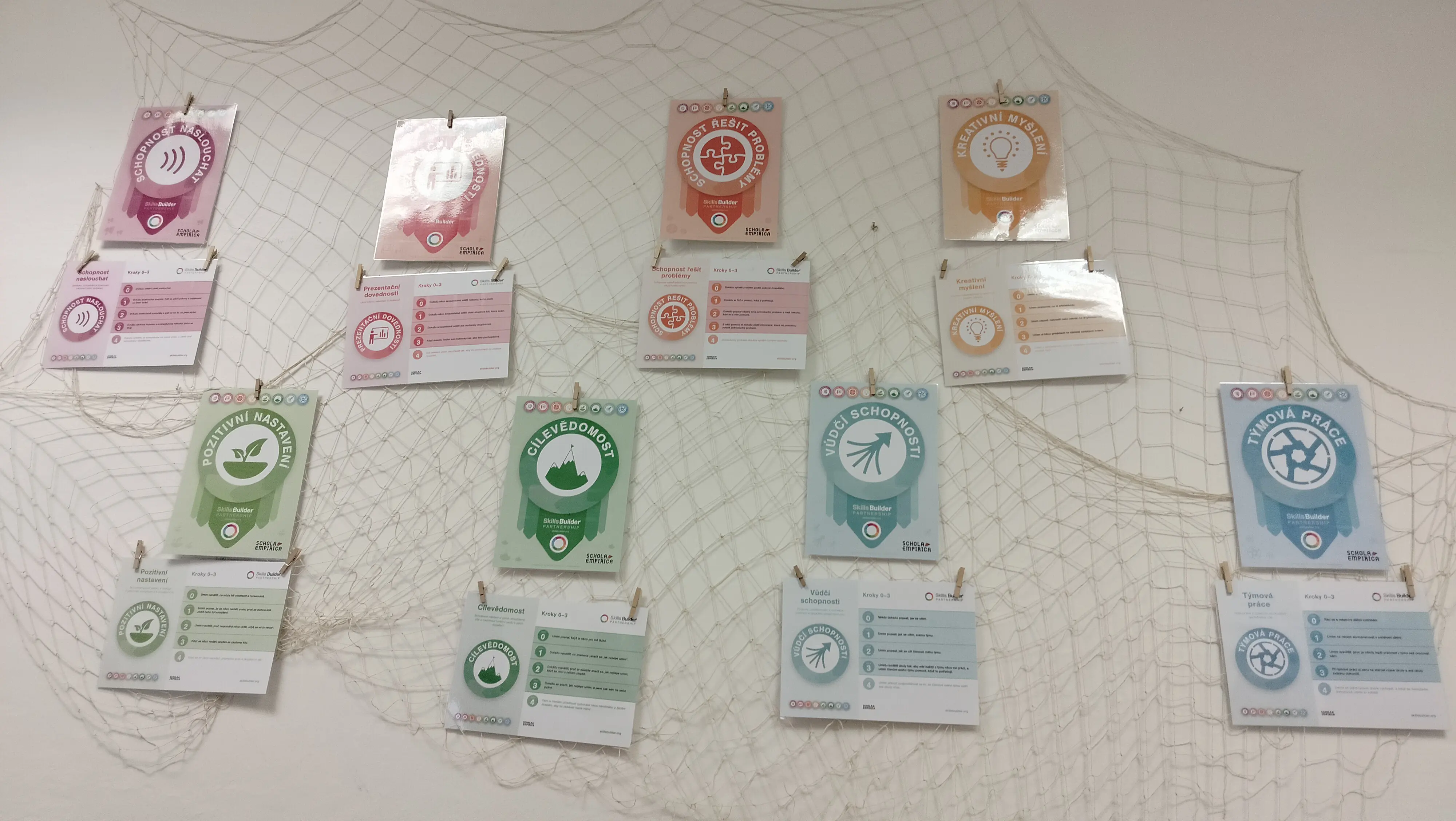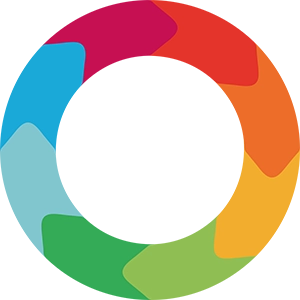The school creates opportunities for students with disabilities to develop soft skills that they can apply outside of regular lessons. An important role is played by practical training, where students of the Practical Secondary School use skills necessary for communication with employers and customers, solve situations related to work organization, react to unexpected impulses, and learn to approach tasks with a positive attitude. Similar experiences are gained during project-based learning, thematic days, meetings with people from practice, or visits to companies and organizations that support independence, responsibility, and entrepreneurship.
Skills such as cooperation, listening, expressing one's own thoughts, or managing emotions are also developed during joint activities with parents, which naturally connect school learning with everyday life and strengthen relationships and the ability to function in a social environment.































